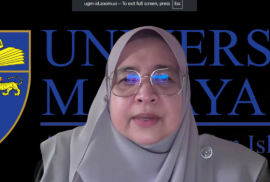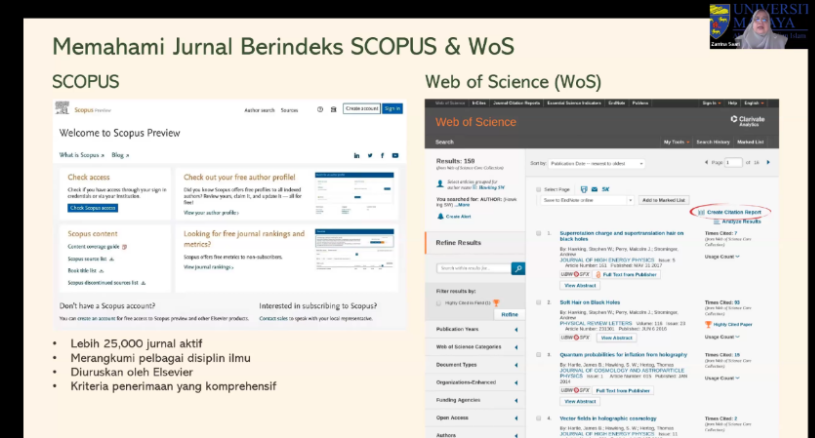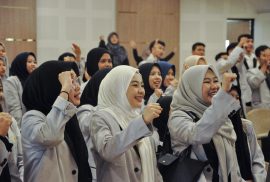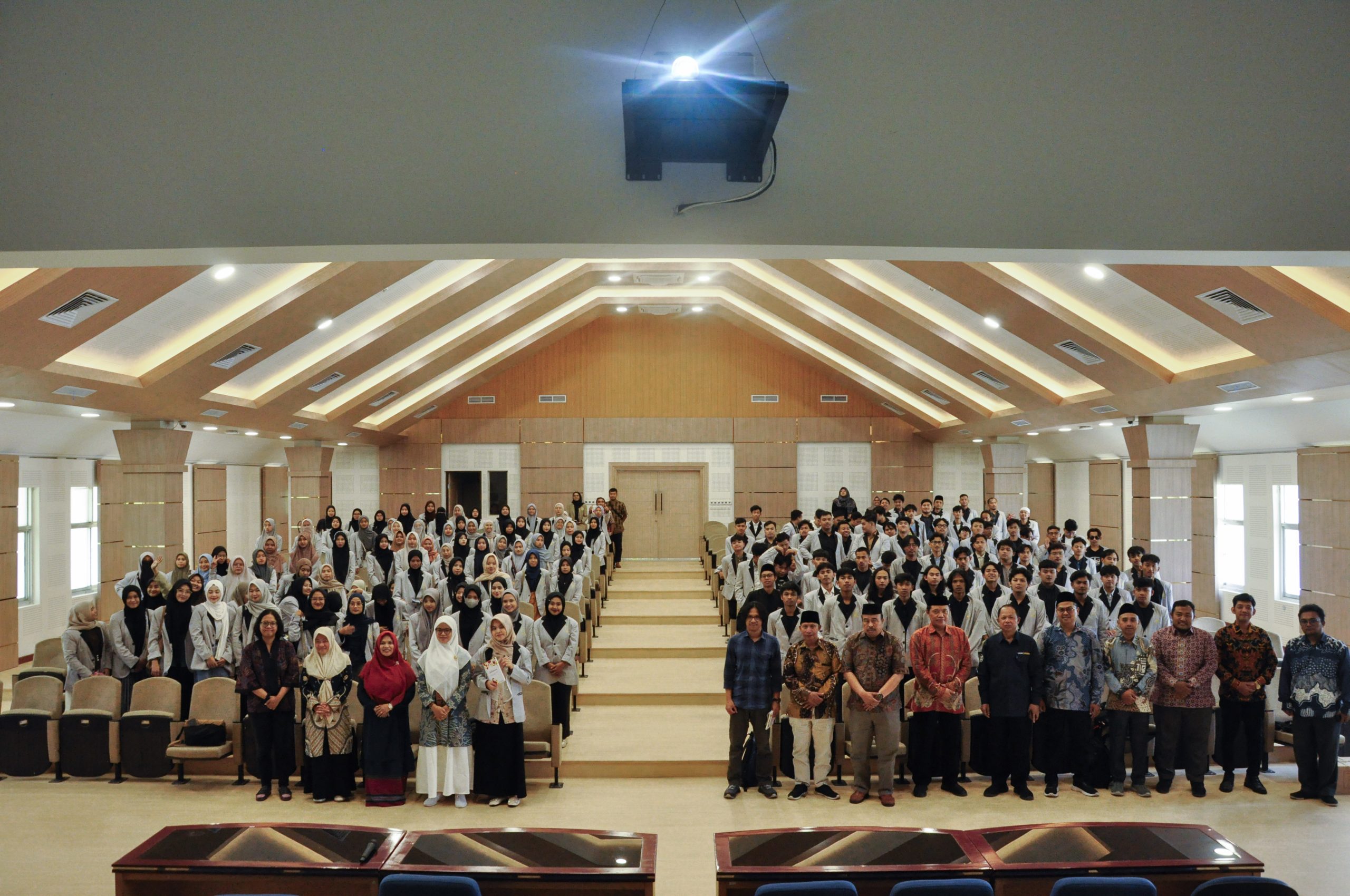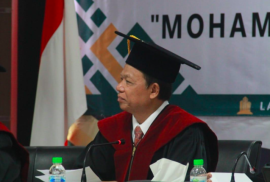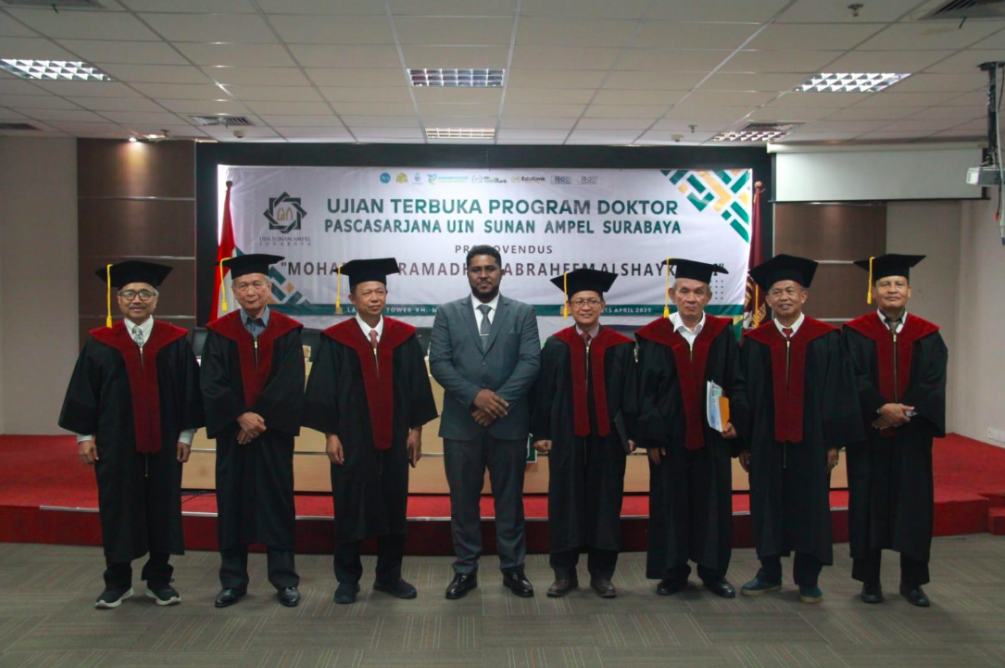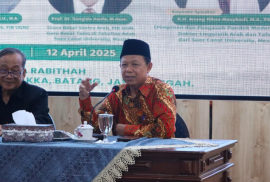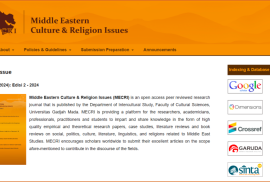On 23-24 September 2025, the Middle Eastern Cultural Studies Programme, Faculty of Cultural Sciences, Gadjah Mada University, held a Scopus-indexed scientific article writing class with the theme ‘Urban Spirituality and the Reformulation of Sufi Rituals’, led by Prof. Dr. Che Zarrina binti Sa’ari, a leading expert from the University of Malaya in the study of Islamic creed and thought. This class aims to provide practical insights on how to write quality scientific articles for Scopus-indexed international journals, with a focus on the topics of urban spirituality and the reformulation of Sufi rituals.
Prof. Dr. Che Zarrina explained the importance of choosing relevant and contemporary topics in the academic world, as well as how urban spirituality and Sufi rituals can be used as interesting subjects of study. She shared strategies on how to write a good scientific article, from topic selection to effective writing techniques, with an emphasis on the importance of clear methodology and valid references.
Participants were also provided with guidance on selecting the appropriate journal and structuring an article systematically, as well as tips for crafting an engaging and persuasive abstract. Prof. Zarrina also discussed common challenges in writing articles, such as dealing with criticism from journal reviewers and how to respond to feedback constructively.
The class concluded with a question-and-answer session that offered participants the opportunity to learn more about the process of writing scientific articles. It is hoped that this class will enrich participants’ skills in writing articles ready for publication in Scopus-indexed international journals, while also deepening their understanding of the importance of urban spirituality and Sufism studies within an academic context.
Author: Amanda Jesisca

